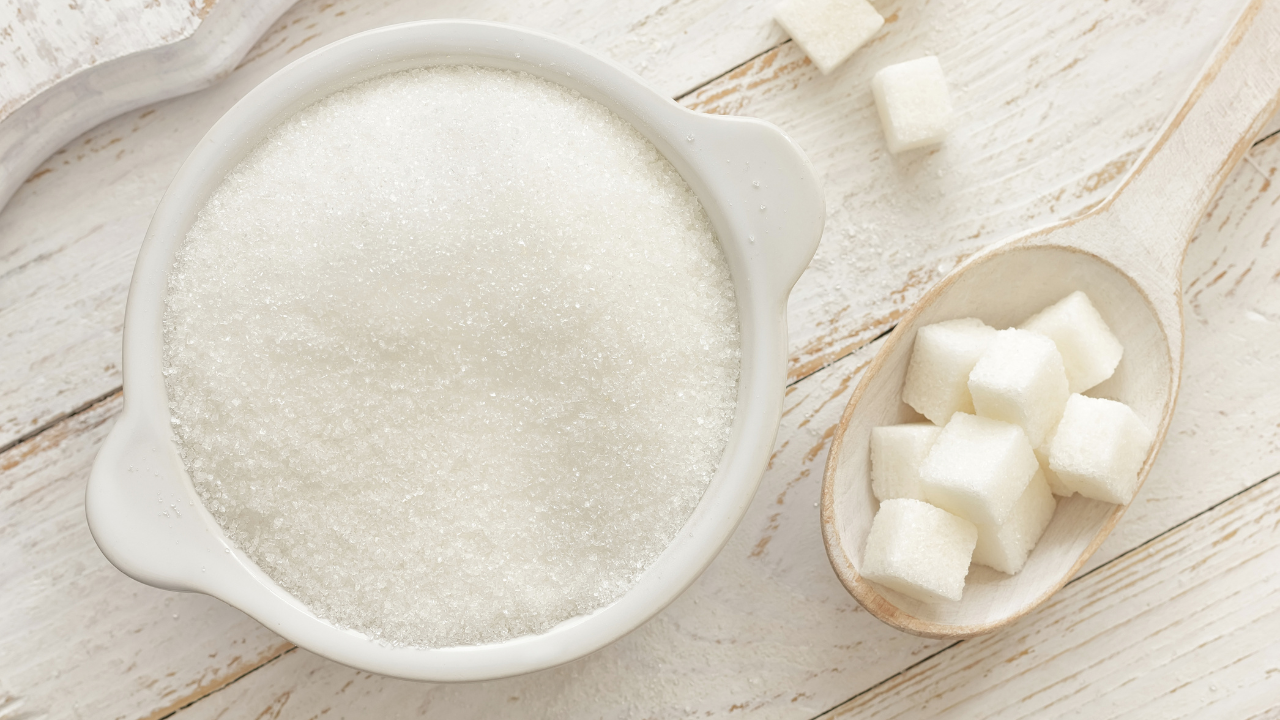Avoiding Sugar for Better Gut Health
Sep 01, 2022
Avoiding Sugar for Better Gut Health and Weight Maintenence
Sugar is an ingredient that we all love but doesn’t love us back. At least, not when it comes to our health. Sugar is an inflammatory food, which essentially equates to a food that causes disease, especially regarding our gut health and weight gain.
All Sugars Aren’t Created Equal
Back in the 80s, there was a big “no sugar” craze. At this time, companies were boasting zero sugar foods with artificial, chemical sweeteners. While many people started consuming artificial sweeteners in mass quantities, we have learned that artificial sweeteners are also not a healthy substitute if we want something sweet to eat and are known as non-nutritive sweeteners.
Non-Nutritive Sweeteners
The American Heart Association labels low-calorie sweeteners, artificial sweeteners, and noncaloric sweeteners as non-nutritive sweeteners (NNSs) since they offer no nutritional benefits such as vitamins and minerals. They may be low in calories or have no calories, depending upon the brand.
The FDA has given the label “Generally Recognized as Safe” (GRAS) to five* NNSs.
Even though the FDA labels these sweeteners are safe, they have been found to cause multiple health hazards in scientific studies.
- Aspartame (NutraSweet® and Equal®)
- Acesulfame-K (Sweet One®)
- Neotame
- Saccharin (Sweet’N Low®)
- Sucralose (Splenda®)
Saccharin (Sweet N Low) has been linked to bladder cancer in lab animals. It is about 300x sweeter than sucrose (table sugar) but has a bitter aftertaste. Acesulfame potassium, an artificial sweetener that resembles saccharin, is found in many diet foods and chewing gum.
Aspartame (NutraSweet, Equal) has been linked to brain cancer, leukemia, and lymphoma in animal studies. It is an excitotoxin and can negatively impact neurological functioning in some individuals.
Sucralose (Splenda) has been heavily researched, and study results showing adverse health effects remain inconsistent. A recent study showed elevated blood sugar and insulin levels after ingesting Splenda. It has also been shown to increase one’s risk of insulin resistance over time. Splenda is considered an organochlorine. Other well-known organochlorines include the chemical DDT and digoxin, one of the most poisonous substances known to humans. Splenda is made from sucrose and chlorine, making it 600x sweeter than table sugar.
Today, there are several natural sugars that don’t elevate your blood sugar or cause the type of inflammation of regular sugar, such as monk fruit, stevia, and coconut sugar. These sweeteners can be used for sweetness but without the inflammatory effect on your gut from regular sugar or the adverse health effects of artificial sweeteners.
Looking for support to help you cut sugar for good?
DON’T MISS THIS!
START YOUR PATH TO BETTER HEALTH
Take our free Gut Health Assessment today and discover personalized steps to improve your digestion and well-being. Don’t wait—unlock the key to a healthier you now!


